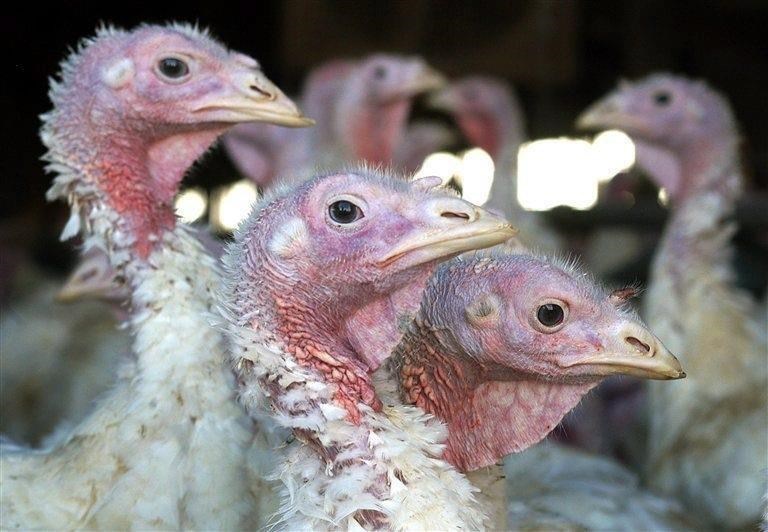RICHMOND, B.C. — About 4,000 turkeys are expected to be euthanized on a farm in British Columbia's Fraser Valley on Saturday after the highly pathogenic avian flu spread among the flock, says a spokesman for the B.C. Poultry Association.
Ray Nickel said a quarantine zone has been established for three kilometres around the infected operation in Abbotsford, where he also has several farms producing chickens, turkeys and eggs.
"This is not a virus you trifle with. It's very deadly for poultry and birds die very, very fast. When we actually notice it, we want the (Canadian Food Inspection Agency) to act quickly and put the flock down because it's the best thing that can happen," he said.
The agency confirmed the presence of H1N1 on the farm this week.
On Friday, it issued a statement saying a small flock of poultry in Richmond, B.C., had also been infected with so-called bird flu though it did not provide information on how many animals were involved, or the type of poultry.
Nickel said a 10-kilometre control zone is expected to be set up around the infected farm in the coming days and nearby poultry farmers will need a permit to move product in and out of their operations.
The Fraser Valley, where the commercial turkey farm is affected, is the location of about 80 per cent of the province's poultry farms.
Farmers have already endured a drought, labour shortages due to the pandemic and feed costs that have jumped by as much as 60 per cent, Nickel said.
"It's painful because it involves an enormous amount of resources and timing. In some cases flocks have to be moved around," he said.
The inspection agency said while the so-called bird flu is not a food safety concern, it is spreading across the globe and anyone with birds must use preventive measures like securing their property by a fence.
Small flocks are at risk of contracting viruses like avian influenza, especially if they have access to ponds or bodies of water known to be used by wild birds, the agency said.
H1N1 can also be spread on the clothing and shoes of visitors and employees moving from flock to flock, through contaminated feed, water, bedding and farm equipment as well as via airborne particles and dust blown by the wind.
Avian flu cases have been confirmed in several other provinces, but no infections have been detected in humans.
This report by The Canadian Press was first published May 20, 2022.
The Canadian Press



